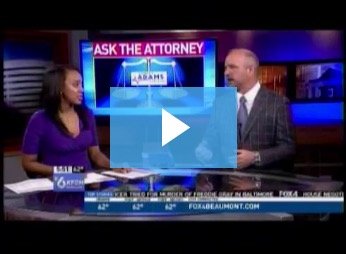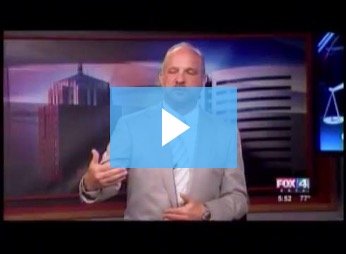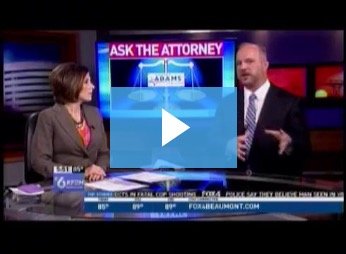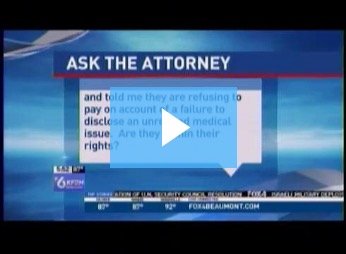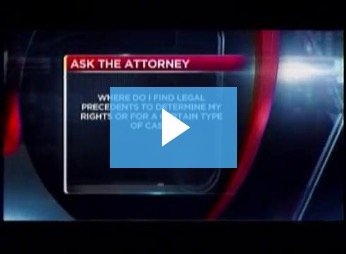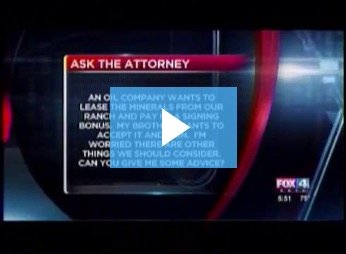How to File a Bad Faith Insurance Claim

Insurance companies are required to treat you fairly and evaluate your claim for coverage in good faith. If your claim is unreasonably denied, or if the insurer subjects you to other unfair and inappropriate treatment, you could have a claim for insurance bad faith. Read on for advice on how to build your case for insurance bad faith, and call our Beaumont bad faith insurance lawyer for advice and representation.
Review Your Contract, Know the Terms
To prove a bad faith claim, you’ll need to know the actual terms of your policy. If you intend to allege that your claim should have been granted, you must carefully review your policy to ensure that no exclusion or other policy language justifying the denial applies. The insurer should explain their grounds for denial; use that to check against policy terms and look for any irregularity.
Keep Copies of All Documents and Communications
It’s a good habit to maintain copies of everything relating to your claim. Keep copies of your initial claim for coverage, any communications made between you and the insurance company, your medical records, related bills, and any other documents created in connection to your claim for coverage. You may even want to take notes on phone calls or in-person communications. These documents can serve as evidence should you intend to file a bad-faith insurance lawsuit.
Watch for Bad Faith Conduct
In Texas, there are two legal bases for bad faith insurance claims: “common law” bad faith and statutory bad faith. Common law refers to judge-made doctrine (case law) that has developed over time; a common law bad faith claim alleges that the insurance company unreasonably denied a legitimate claim for coverage. Statutory bad faith, on the other hand, refers to insurer conduct explicitly prohibited under Texas law.
If you have experienced any of the following conduct, or if you otherwise have been treated unfairly by your insurance company, you might have a claim for bad faith:
- Claim denied without adequate explanation
- Claim denial based on a clear misread of the policy or ignoring the factual evidence
- Unjustified delay in conducting claims investigation or reaching a decision
- Claim denied without a proper investigation
- Misleading or untrue statements in advertising a policy
- Misrepresenting the policy language or the material facts of a claim
- Refusing to offer or agree to a reasonable settlement
Talk to an Experienced Bad Faith Insurance Lawyer
Once your initial claim is rejected, or as soon as you experience any other conduct that may be considered bad faith, talk to an insurance bad faith attorney. Your insurance bad faith lawyer will evaluate your situation and determine if there are any grounds for a claim of bad faith. They’ll help you appeal your initial claim denial and build a case for your eventual bad faith claim, should a lawsuit prove necessary. Discuss your situation and your concerns with a bad-faith insurance lawyer as soon as possible to make sure you do not miss out on your legal rights.
Call for Dedicated Help With an Insurance Bad Faith Claim in Texas
If your insurance claim was wrongfully denied, or if you’ve otherwise been subjected to bad faith conduct by an insurance company, contact the seasoned and thorough Beaumont bad faith insurance lawyers at the Gilbert Adams Law Offices for a free consultation on your case at 409-835-3000.


